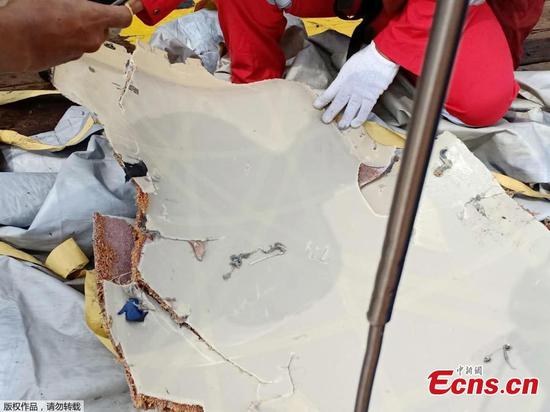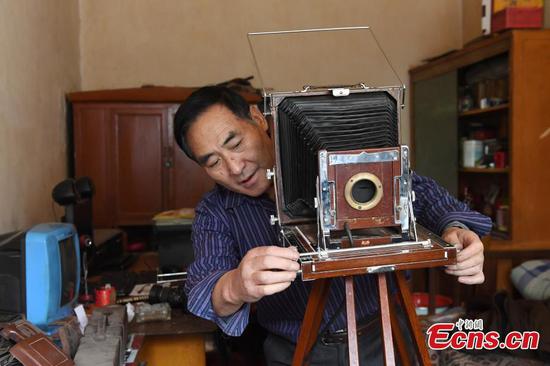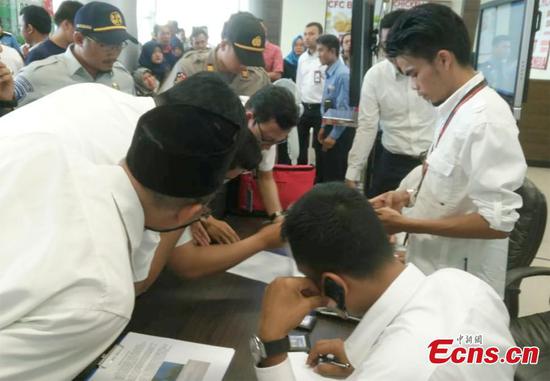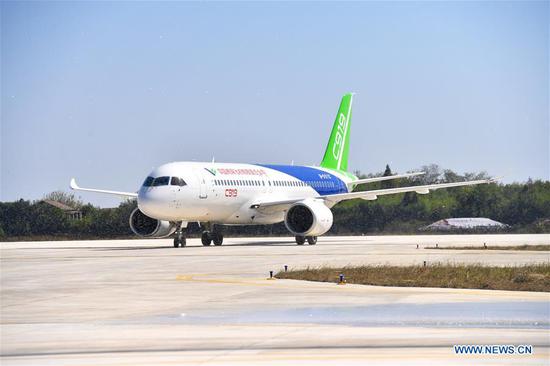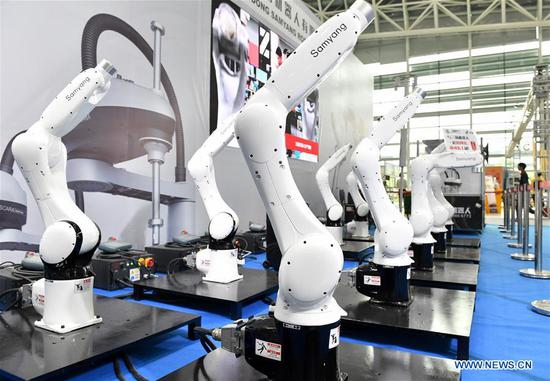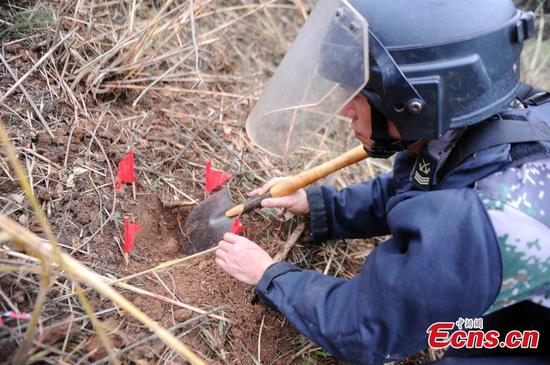The Hubble Space Telescope returned to normal operations with three fully functional gyroscopes late Friday and completed its first science observations on Saturday, The National Aeronautics and Space Administration (NASA) said.
The recovery came after engineers successfully fixed a backup gyroscope that had replaced a failed one three weeks earlier, NASA said in a statement.
However, the backup incorrectly returned rotation rates that were far in excess of the actual rates.
Last week, the space telescope's operations team commanded Hubble to perform numerous maneuvers and switched the gyroscope between different operational modes, which successfully cleared what was believed to be blockage between components inside the gyroscope that produced the excessively high rate values, NASA said.
The team then monitored and tested the gyroscope with additional maneuvers to ensure its stability.
By late Friday, Hubble successfully completed maneuvers to get on target for the first science observations and collected its first science data since Oct. 5, NASA said.
A gyroscope is a device that measures the speed at which the spacecraft is turning, which is necessary to help Hubble turn and lock on to new targets.
Originally required to last 15 years, Hubble has now been at the forefront of scientific discovery for more than 28 years. The team expects the telescope will continue to yield amazing discoveries well into the next decade. Enditem













